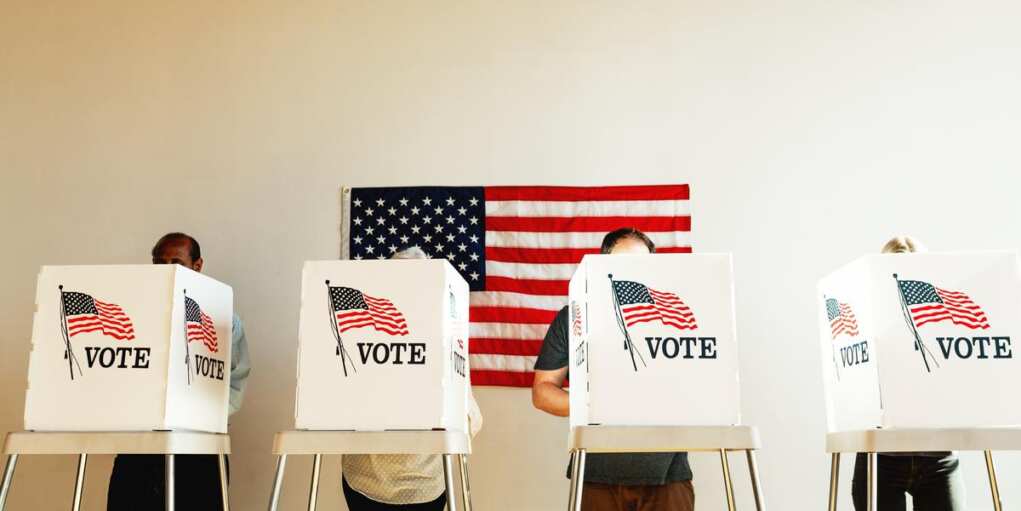Voter Verification Bombshell – Ballots Now Under Review

In a major victory for election integrity advocates, a North Carolina appeals court has ruled that more than 65,000 individuals who cast ballots in the state’s 2024 Supreme Court race must now verify their eligibility — or have their votes thrown out.
The decision stems from a legal challenge by Judge Jefferson Griffin, a conservative candidate who narrowly lost to Democrat Justice Allison Riggs last November. Griffin argued that tens of thousands of ballots were cast by voters who had failed to provide legally required identification, such as the last four digits of a Social Security number or a valid driver’s license number — a clear violation of North Carolina election law.
According to the court’s ruling, voters have 15 business days to submit the proper documentation to the State Board of Elections. If they fail to comply, their votes in the contested race will not be counted.
“The inclusion of even one unlawful ballot in a vote total dilutes the lawful votes and effectively disenfranchises lawful voters,” the three-judge panel wrote. “Post-election protests protect against this risk of vote dilution by enabling candidates and voters to rigorously investigate the election process.”
This isn’t just a technicality. Judge Griffin’s team pointed to a staggering 65,000 voters whose eligibility records were either incomplete or unverifiable at the time of registration. While left-wing election activists have tried to downplay the issue — blaming everything from clerical errors to name changes after marriage — the bottom line remains: eligibility verification is a requirement, not a suggestion.
The decision from the state’s appeals court overturns an earlier ruling by a Wake County judge who sided with Riggs and dismissed Griffin’s challenge. But now, with the appeals court stepping in, the race is once again in limbo as the verification process plays out.
If a significant number of votes are invalidated due to noncompliance, the result of the election could be overturned — a rare but not unprecedented outcome in a judicial race.
Riggs, who made abortion and left-wing social issues central to her re-election campaign, has faced growing scrutiny not only for her activism on the bench but also for the voter irregularities tied to her win. According to The New York Times, many of the suspect ballots came from voters who were never matched to the official database due to data entry errors or missing information. But critics argue that such excuses cannot be allowed to override basic safeguards meant to protect election legitimacy.
Griffin’s case highlights a larger issue: Democrats have increasingly weaponized lax voter ID rules and rushed registration processes to pump up turnout — often at the expense of verification and legitimacy. The result? Tens of thousands of questionable ballots that are now being subjected to long-overdue scrutiny.
While the ruling is already triggering panic in left-wing media circles, it reinforces a simple but essential principle: in a constitutional republic, only legal votes should count.
The Left has long tried to frame voter verification as “voter suppression.” But in reality, it’s voter protection — protection against fraud, error, and abuse of the system. This ruling affirms that states have not only the right but the responsibility to ensure that everyone casting a ballot is doing so lawfully.
Importantly, this case may set a precedent that reverberates well beyond North Carolina. Other states are watching closely, especially as questions mount nationwide about bloated voter rolls, unverifiable registrations, and improperly cast ballots. Courts are slowly — but surely — beginning to recognize that “trust the system” is no longer good enough.
At a time when confidence in U.S. elections is hanging by a thread, the North Carolina appeals court just took a bold step to restore public trust. For voters who followed the law and provided proper ID, this ruling is a breath of fresh air. And for those pushing unverified voting as the new norm, it’s a clear warning: your days of hiding behind technicalities are numbered.
